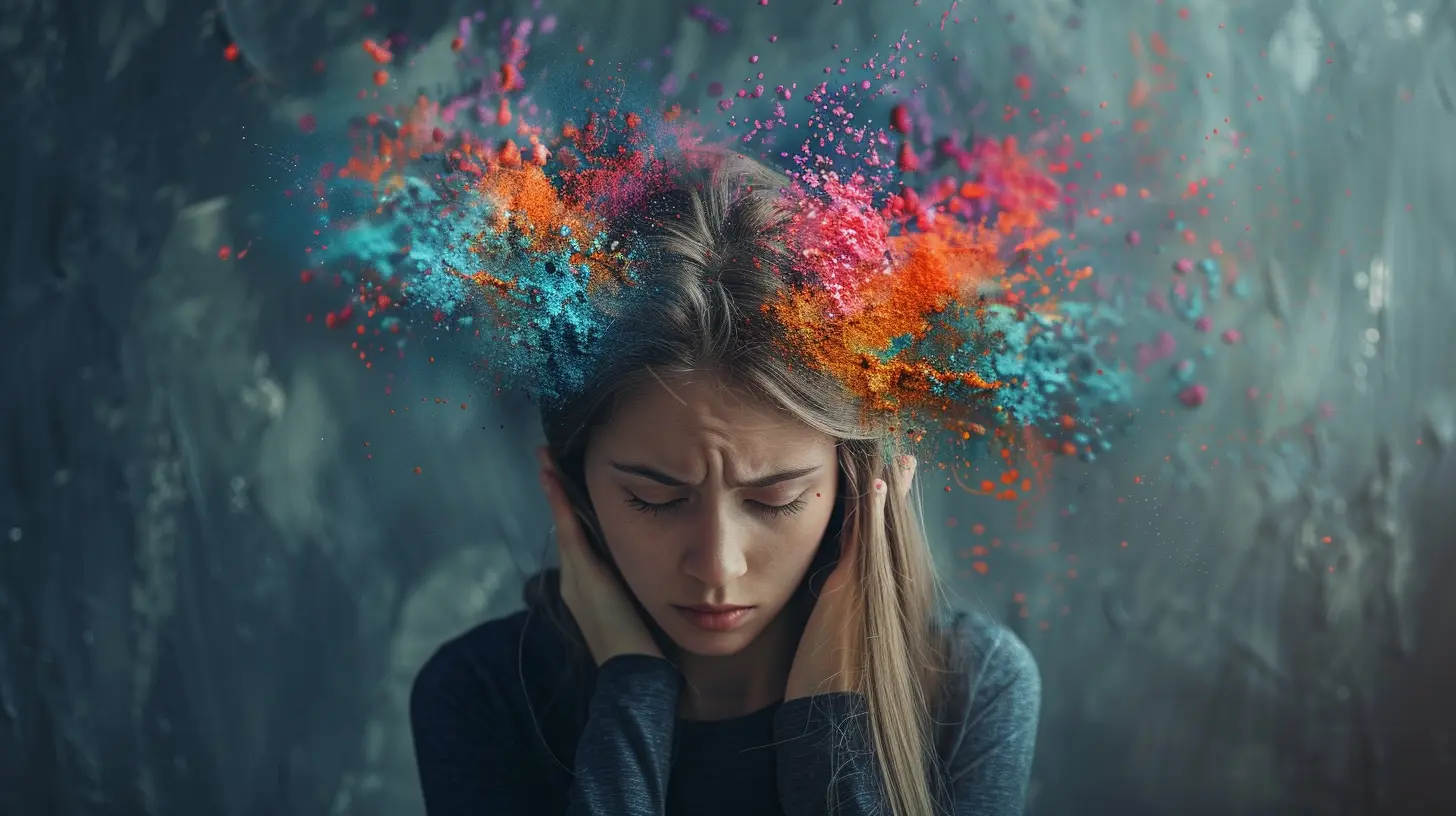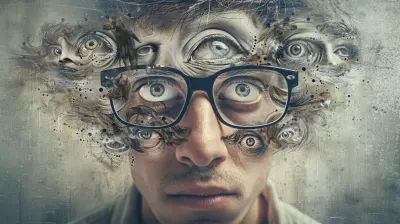Reducing the Stigma Around Attention Deficit Disorder
13 October 2025
Attention Deficit Disorder (ADD) has long been misunderstood. It’s often dismissed as mere laziness or a lack of discipline, causing individuals with the condition to feel alienated and judged. But the truth is, ADD is a neurodevelopmental disorder that affects millions of people worldwide, hindering their ability to focus, organize, and regulate their impulses.
So why does this stigma exist? And more importantly, how can we work to erase it? Let’s dive into the misconceptions surrounding ADD and discuss how we can foster a more understanding and supportive society.

Understanding ADD: More Than Just a “Lack of Focus”
What Is Attention Deficit Disorder?
ADD, often grouped under Attention Deficit Hyperactivity Disorder (ADHD), is a condition that affects attention, impulse control, and executive functioning. Although many tend to associate ADHD with hyperactivity, ADD is more commonly linked to inattention without the hyperactive component.People with ADD may:
- Have difficulty maintaining focus on tasks
- Struggle with organization and time management
- Appear forgetful or absent-minded
- Frequently lose track of conversations or instructions
- Experience mental “fog” or daydreaming
Despite these challenges, individuals with ADD often possess incredible creativity, problem-solving skills, and the ability to think outside the box. The problem isn’t laziness—it’s wiring.
Busting Common Myths About ADD
One of the biggest hurdles in reducing ADD stigma is tackling misconceptions head-on. Let’s debunk some common myths:Myth #1: ADD Is Just an Excuse for Laziness
This myth is incredibly damaging. ADD is not a sign of laziness—it’s a neurological condition that affects self-regulation. People with ADD often work twice as hard to complete tasks that come easily to others, yet still face judgment.Myth #2: Only Kids Have ADD
ADD doesn’t magically disappear in adulthood. Many adults struggle with undiagnosed ADD, dealing with chronic procrastination, impulsivity, and difficulty in professional and personal relationships.Myth #3: Medication Is the Only Solution
While medication can be helpful, it’s not the only answer. Therapy, lifestyle changes, and work accommodations also play a crucial role in managing ADD.By addressing these myths, we take a giant step toward normalizing the condition and offering better support to those affected.

How the Stigma Affects People with ADD
The stigma surrounding ADD can have real-life consequences. From childhood to adulthood, individuals with ADD often experience everything from self-esteem issues to workplace discrimination.The Impact on Kids and Teens
Children with ADD are often labeled as "problematic" or "troublemakers." Instead of receiving the support they need, they may be scolded for not paying attention or keeping up with schoolwork. Over time, this can lead to feelings of inadequacy and learned helplessness.The Struggles of Adults with ADD
For adults, the stigma takes a different shape. Many individuals with ADD find themselves struggling in traditional work environments. They may be seen as forgetful, unreliable, or unmotivated, which can hold them back from reaching their full potential.Instead of asking, "Why can't they just focus?" we should be asking, "What support do they need to succeed?"

Changing the Narrative: How We Can Reduce ADD Stigma
The good news? We’re not powerless. By shifting the way we talk about ADD, we can create a world where individuals feel supported rather than judged.1. Educate Yourself and Others
Misinformation fuels stigma. Learning the facts about ADD and sharing them with others can make a huge difference. Read books, follow experts in the field, and challenge misconceptions when you hear them.2. Use Person-First Language
Instead of saying, "He's ADD," say, "He has ADD." This small change emphasizes that a person is more than their diagnosis.3. Highlight Strengths, Not Just Challenges
People with ADD have unique strengths—creativity, problem-solving abilities, and the capacity to think in unconventional ways. Instead of focusing solely on the struggles, let’s celebrate the positives.4. Support Work and School Accommodations
Rather than pushing people with ADD to conform to traditional learning or working methods, we should encourage environments that cater to different cognitive styles. Flexible schedules, noise-canceling workspaces, and assistive technology can make a world of difference.5. Encourage Open Conversations
When public figures and everyday individuals talk openly about their experiences with ADD, it helps normalize the condition. The more visibility ADD gets, the quieter the stigma becomes.
How Society Can Better Support Individuals with ADD
We’ve covered individual actions, but systemic change is where real progress happens. Here’s what we need from society as a whole:Improved Mental Health Education
Schools should teach students about neurodiversity from an early age. Understanding that brains work differently can foster acceptance and reduce stigma before it even begins.Better Workplace Policies
Employers should consider implementing more inclusive policies, such as allowing flexible deadlines or offering accommodations for employees with ADD. Productivity isn’t about how well someone fits into a rigid system—it’s about enabling them to do their best work in a way that suits them.Affordable and Accessible Treatment
Treatment for ADD shouldn’t be a privilege. Therapy, coaching, and medication must be accessible to everyone who needs them, removing financial barriers to care.Embracing Neurodiversity: A Society Without Stigma
Overcoming the stigma surrounding ADD isn’t just about helping those with the condition—it’s about creating a world that values different ways of thinking. When we shift our perspective from judgment to understanding, we unlock human potential that has been overlooked for far too long.It’s time to stop seeing ADD as a deficit and start seeing it as a different way of processing the world. Because, at the end of the day, neurodiversity makes society stronger, not weaker.
all images in this post were generated using AI tools
Category:
Attention Deficit DisorderAuthor:

Nina Reilly
Discussion
rate this article
1 comments
Jenna McLaurin
This article highlights an essential conversation about ADHD stigma. Understanding and compassion can transform perceptions and support those navigating this often misunderstood condition.
October 13, 2025 at 4:05 AM

Nina Reilly
Thank you for your thoughtful comment! I'm glad you found the article meaningful in addressing ADHD stigma and promoting understanding.


